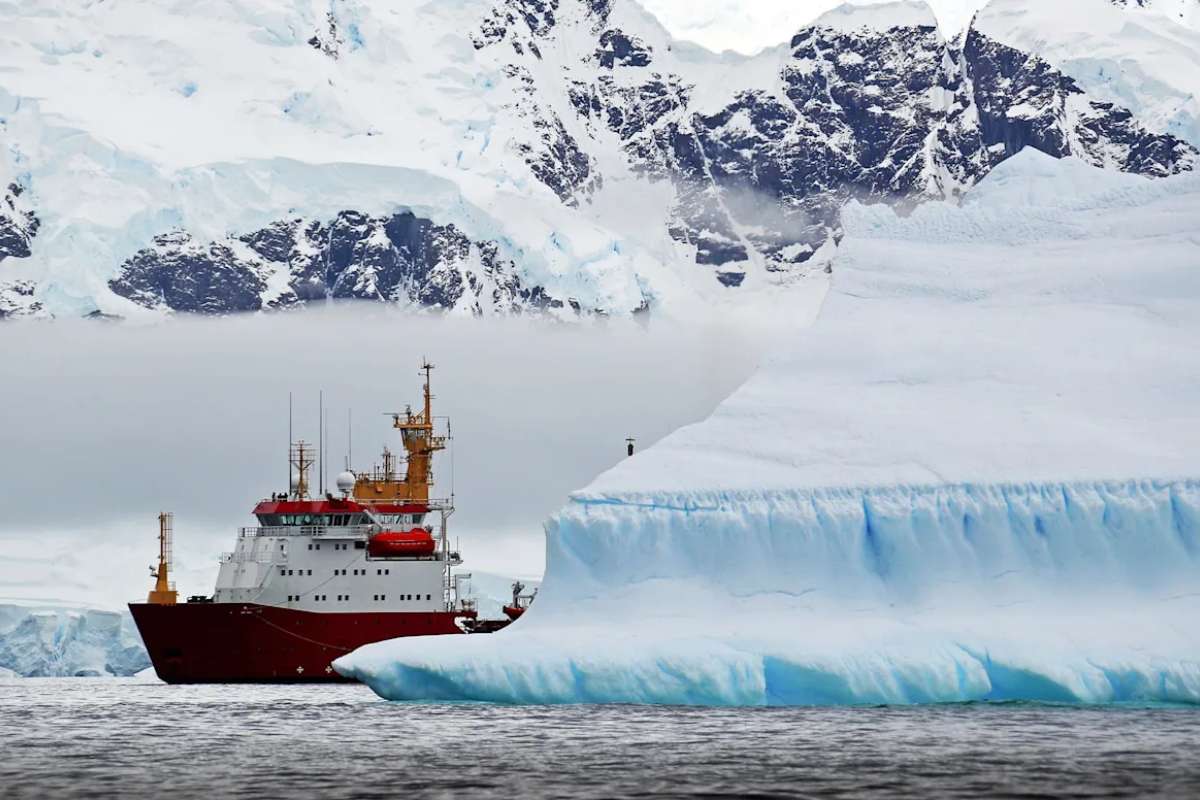In a seismic development that could reshape global energy politics, Russian scientists have reportedly discovered a colossal 511 billion barrels of oil beneath the Weddell Sea oil in Antarctica. This figure dwarfs the entire North Sea’s output over five decades and even exceeds Saudi Arabia’s known reserves, positioning it among the largest untapped oil deposits on Earth. The find was made during extensive geological surveys in a territory broadly claimed by the United Kingdom, but also contested by Argentina and Chile.
Although officially conducted as part of scientific exploration, the discovery raises significant concerns over the real intent of these missions and the potential for future exploitation. With such vast reserves at stake, the implications for global markets, climate policies, and international relations are staggering.
Legal Loopholes and Treaty Violations
Antarctica is governed by the 1959 Antarctic Treaty, which prohibits all military activity and resource extraction, reserving the continent solely for peaceful scientific research. Russia, a signatory to the treaty, maintains that its efforts are within legal bounds and purely scientific. However, experts argue that Russia’s use of advanced seismic techniques points to deeper, possibly long-term interests in resource development.
Professor Klaus Dodds, a leading expert on polar geopolitics, warns that Russia may be “pushing the limits” of what’s considered legitimate research. He notes that such activity, particularly in a disputed region, could undermine the treaty’s authority and escalate territorial tensions.
Rising Geopolitical Stakes
The discovery adds fuel to an already volatile global landscape. With relations strained post-Ukraine invasion, Russia’s assertive posture in Antarctica is viewed by many Western nations as a strategic maneuver to gain future control over critical resources. Compounding concerns is China’s growing presence in the region, marked by the construction of its fifth scientific base. Analysts fear a potential Russia-China axis that could challenge the existing Antarctic governance framework.
The United Kingdom and other treaty members have since called for renewed transparency and stricter oversight of Antarctic expeditions. They warn that a failure to enforce the treaty’s principles could open the floodgates to resource exploitation, undoing decades of peaceful collaboration.
With energy demands surging and polar ice melting at unprecedented rates, oil in Antarctica may be on the verge of becoming the next global flashpoint. The world now faces a critical decision: uphold the sanctity of the Antarctic Treaty or allow geopolitical ambition to drill through the ice.
Explore More News In Our Oil Gas Energy Magazine












